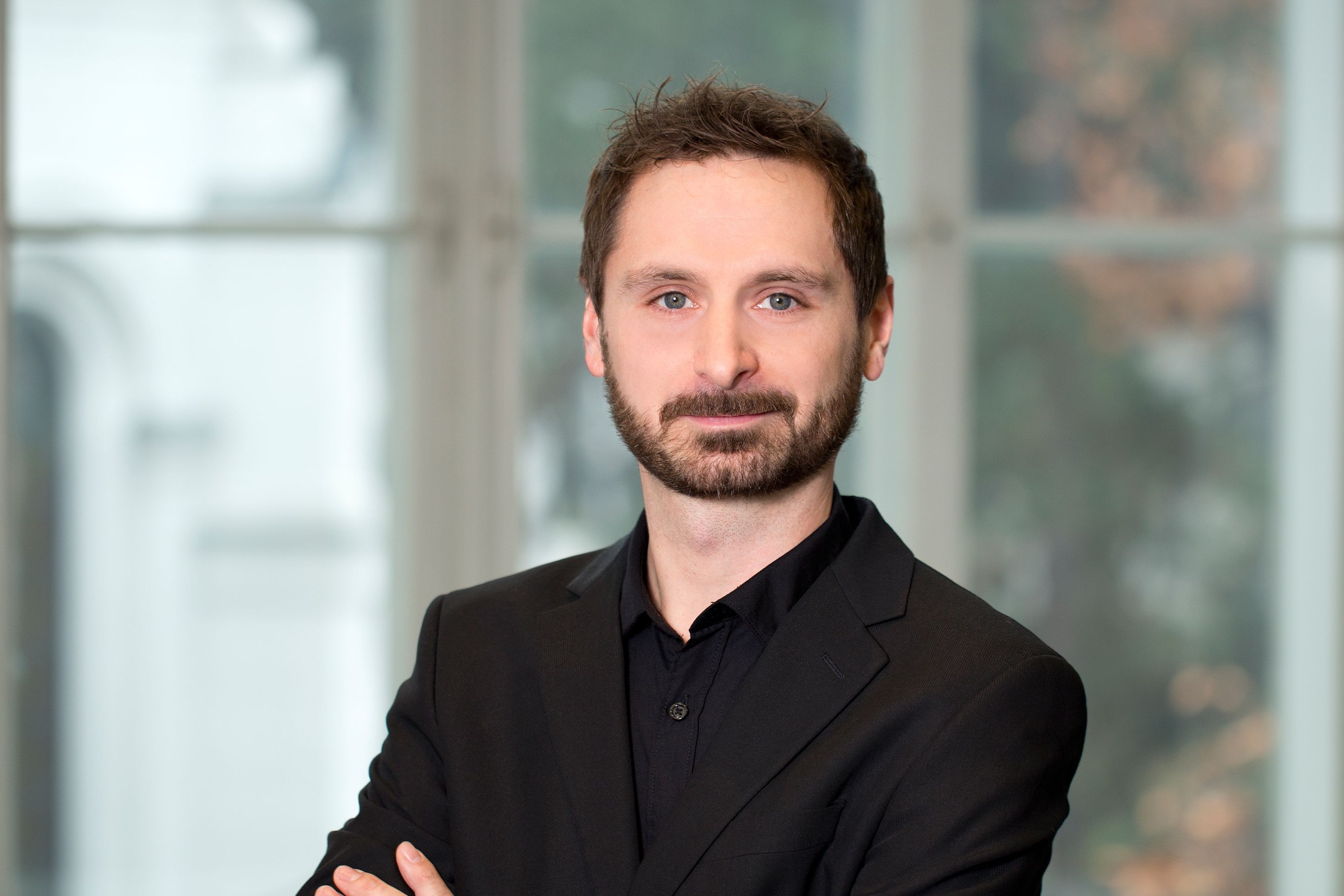
(Vienna, 03 December 2020) The Austrian Science Fund (FWF) is establishing a new specialist research area called IMMUNOMETABOLISM (SFB F-83). Over the next four years, total funding of over €4 million will be provided to fund a total of 7 research groups, who will study the role of metabolism in the immune function of macrophages. Four of these research groups are at MedUni Vienna. The research area will be coordinated by Thomas Weichhart from MedUni Vienna's Center for Pathobiochemistry and Genetics. Co-coordinator is Martina Schweiger from the University of Graz.
“Immunometabolism” is a relatively new field of research dedicated to the role of metabolic processes within immune cells. Cells have many different metabolic pathways available to them, in order to process carbohydrates, for example, to convert them into energy. For instance, cells can use glucose by fermentation or respiration. New findings now show that the immune function is directly controlled by the activation of specific metabolic pathways. Immune cells that are acutely activated in a bacterial infection in order to kill invaders are more reliant on the fermentation of glucose. Cells that then repair the tissue damage caused by the infection use glucose respiration. It is not yet clear why this is the case.
The results obtained so far were predominantly described in cell culture dishes. However, the metabolic environment in the cell cultures is very different from the conditions in our bodies and it also differs from organ to organ. For example, the glucose concentration in the lungs is ten times lower than in the blood, whereas the colon and adipose tissue exhibit a fatty-acid-rich environment. How these different metabolites influence the immune function of macrophages and how this then ensures the integrity of the respective organ is completely unexplained. It is suspected that the availability of nutrients in the tissue directly controls the immune function – "You are what you eat". It is further assumed that a malfunction in these metabolic processes forms the basis for many human diseases. Influencing these misdirected metabolic processes in the immune cell pharmacologically is therefore seen as a new therapeutic approach for many chronic diseases.
The consortium scientists now want to use different experimental approaches to answer precisely these unanswered questions on specific immune cells, the macrophages. In evolutionary terms, macrophages are the oldest immune cells, which occur in the earliest multicellular organisms. They play an essential role in maintaining tissue integrity by phagocytosing (devouring) old, unhealthy tissue cells or pathogenic microorganisms and viruses. This has taught them to deal with many metabolic products arising from the phagocytosed cells so that they are an ideal target for studying the role of the immunometabolism in tissue.
In this joint SFB the project, the seven experts from Graz and Vienna will investigate the role of macrophages and their metabolism in maintaining tissue function. Four of these research groups (Gerda Egger, Arvand Haschemi, Gernot Schabbauer and Thomas Weichhart) are domiciled at MedUni Vienna. Elena Pohl works at VetmedUni Vienna. Participants from Graz are Martina Schweiger (Uni Graz) and Christine Moissl-Eichinger (MedUni Graz). Together, the multidisciplinary team comprising experts from the fields of metabolism, immunology, biochemistry, epigenetics, biophysics and the microbiome will investigate the metabolic functions of macrophages, especially in the intestine and in adipose tissue. Human diseases in these tissues will be investigated in animal models, innovative 3D-organoid cultures and also in patients, in order to find new therapeutic entry points for inflammatory bowel diseases, cancer, cachexia, obesity and diabetes.